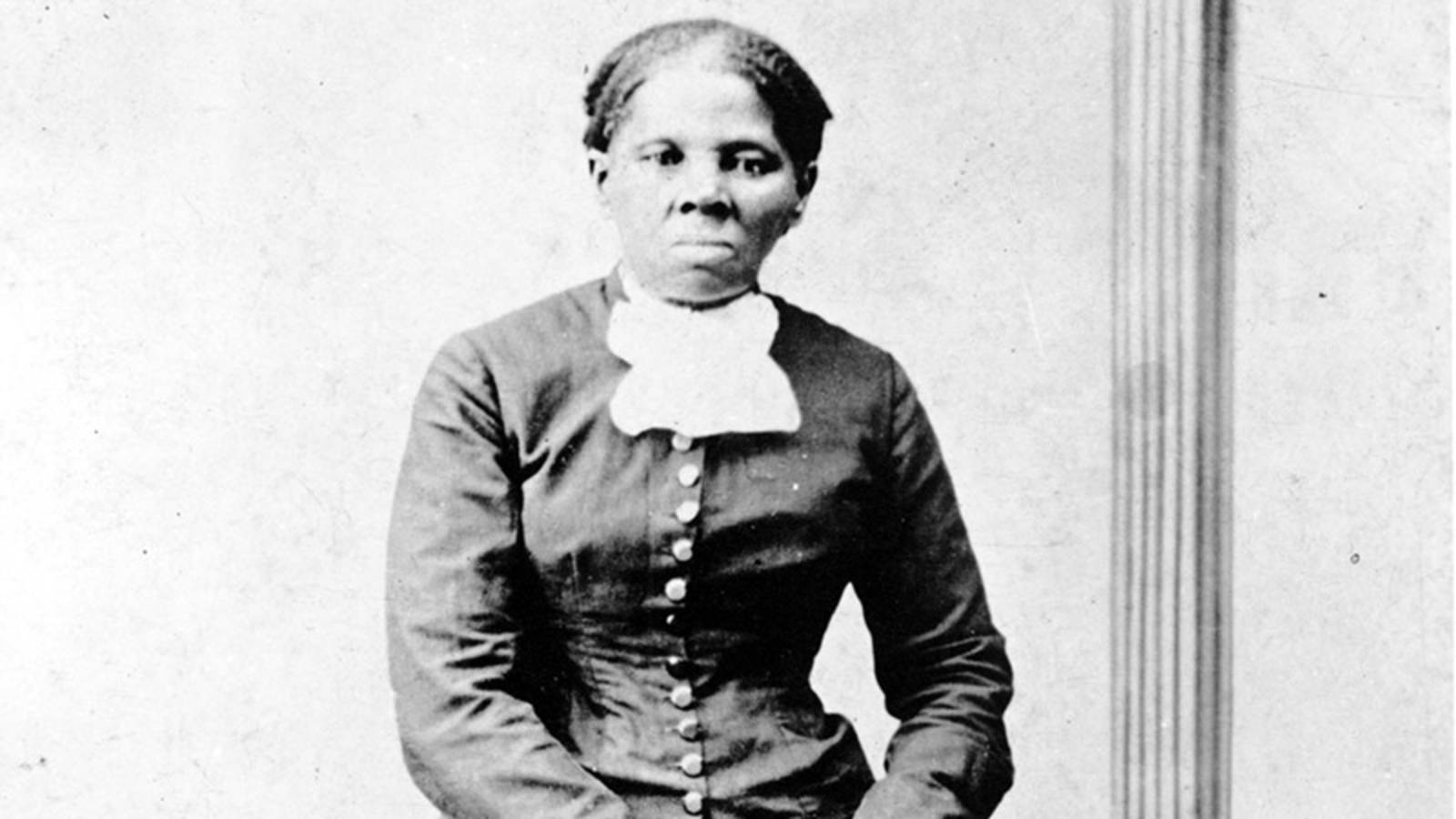providencemarianwood.org – Harriet Tubman, born into slavery in the early 19th century, rose to become one of the most celebrated figures in American history. Known for her courage, determination, and unwavering commitment to freedom, Tubman is best remembered for her role as a “conductor” on the Underground Railroad, a network of secret routes and safe houses used by enslaved African Americans to escape to free states and Canada.
Early Life and Escape
Born Araminta Ross in Dorchester County, Maryland, around 1822, Tubman was given the name Harriet by her parents, Harriet “Rit” Green and Ben Ross. She experienced the brutal realities of slavery from a young age, including being whipped and beaten. A severe head injury she suffered at the hands of an overseer in her youth caused her to experience seizures and vivid dreams for the rest of her life.
In 1849, Tubman, inspired by the death of a friend who was to be sold, decided to escape slavery. Using the North Star and the Big Dipper as guides, she made her way to Pennsylvania. This successful escape marked the beginning of her legendary career as a conductor on the Underground Railroad.
The Underground Railroad
The Underground Railroad was not an actual railroad but rather a series of routes and safe houses established by abolitionists and former slaves. It operated in various parts of the country, with “conductors” like Tubman leading enslaved people to freedom. Harriet Tubman made approximately thirteen missions to rescue approximately seventy enslaved people from the South, including family members. Her knowledge of the terrain, her bravery, and her unwavering faith in God made her an invaluable leader in the movement.
Legacy and Impact
Harriet Tubman’s legacy extends far beyond her heroic efforts on the Underground Railroad. She was also a scout, spy, and nurse for the Union Army during the Civil War. After the war, she continued to fight for the rights and welfare of African Americans, working for women’s suffrage and establishing a home for elderly African Americans in Auburn, New York.
Tubman’s life story has inspired countless people around the world. She has been honored in numerous ways, including being depicted on the $20 bill (though this has not yet been implemented as of my last update), having a national historical park named after her, and being the subject of books, movies, and educational programs.
Conclusion
Harriet Tubman’s bravery, resilience, and unwavering commitment to freedom make her an enduring symbol of hope and courage. Her legacy serves as a powerful reminder of the struggles faced by enslaved people in America and the incredible lengths to which individuals will go to secure their freedom. As we remember Harriet Tubman, we are reminded of the importance of fighting for justice and equality for all.
